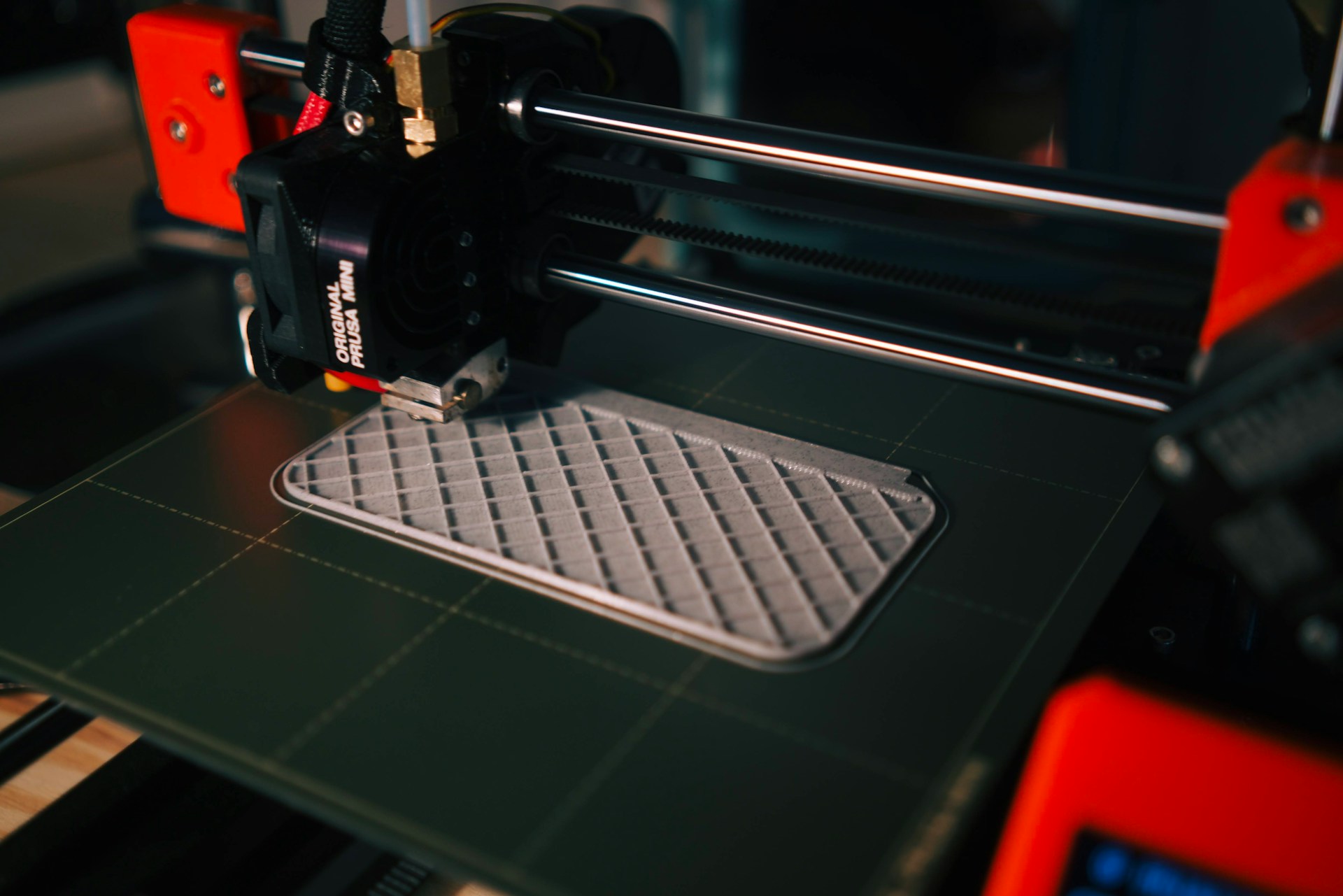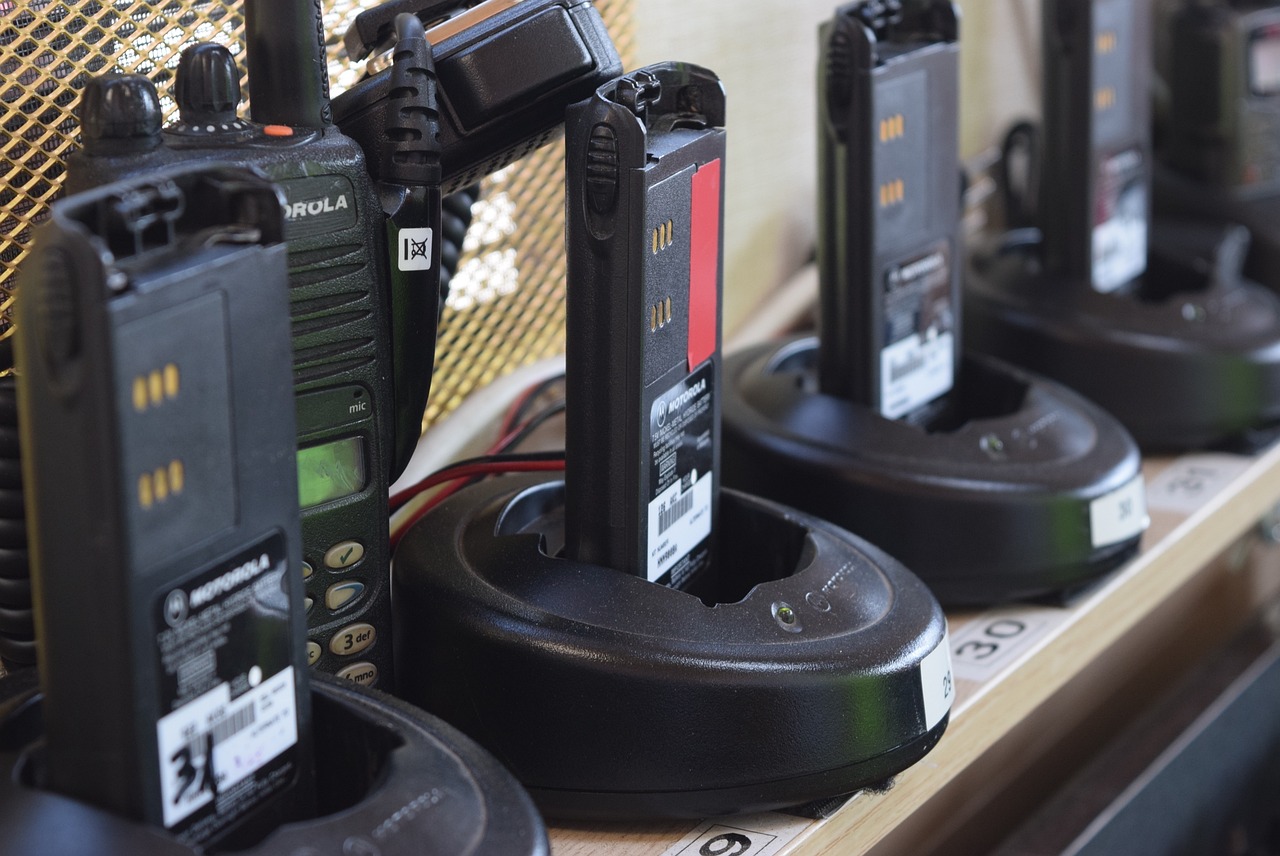As technology marches forward, 3D printing stands out as a hallmark innovation, offering endless possibilities across various industries. From custom healthcare solutions to bespoke fashion items, the potential for creating a profitable business around this technology is enormous. Here, we discuss six groundbreaking business ideas that leverage 3D printing to pave the way for the entrepreneurs of tomorrow. Each concept not only taps into existing markets but also explores untapped opportunities, setting the stage for inventive applications of 3D printing technology.
Customized Prosthetics and Orthotics
The healthcare sector is ripe for disruption with 3D printing technology, especially when it comes to the development of prosthetics and orthotics. Traditionally, creating these medical aids is costly and time-consuming, involving a series of fittings and adjustments. With 3D printing, businesses can offer customized solutions tailored to the individual’s specific anatomy, significantly reducing the cost and production time.
This idea does not merely streamline the manufacturing process; it enhances patient comfort and mobility, opening a market that values speed, customization, and accessibility. Entrepreneurs can collaborate with medical professionals to design prosthetics that are functional and also aesthetically pleasing, potentially transforming a patient’s lifestyle.
Dental Models and Surgical Guides
The tech advancements in dentistry captures a significant shift in how dental professionals approach both basic and complex procedures. 3D printing is playing an important role in this transformation. Dental models for patient education and surgical guides for implant placement can now be produced quickly and accurately, enhancing both patient understanding and surgical outcomes.
A business focused on producing these high-precision tools can build a robust clientele base among dental clinics and hospitals. The ability to rapidly produce such customized items on demand can significantly decrease waiting times and improve the overall efficiency of dental treatments.
Architectural Models and Real Estate Development Tools
3D printing holds a special appeal for the real estate and construction industries. Architects and developers can use 3D printers to create detailed architectural models with a fraction of the effort and expense of traditional methods. These models are invaluable for client presentations, zoning meetings, and as visual aids in planning and development stages.
By offering services that encompass 3D printing of scale models, businesses can cater to architects, city planners, and real estate developers looking for innovative ways to present their projects. This not only helps in selling ideas and projects to investors and clients but also assists in spotting potential design issues before construction begins, saving money and time.
Bespoke Jewelry and Fashion Accessories
The fashion industry constantly seeks fresh and innovative ways to stand out, and 3D printing offers an enticing avenue. Specifically, resin 3D printers have opened up new possibilities for entrepreneurs. These printers can produce highly detailed, intricate designs that are impossible to make with traditional and clunky manufacturing methods. Resin 3D printers allow designers to create custom, one-of-a-kind jewelry pieces or fashion accessories rapidly and at a fraction of the cost of conventional methods.
This capability makes it feasible to offer personalized products on a large scale. Imagine a business that allows customers to design their accessories online, which are then printed and shipped directly to them. This model not only offers exclusivity but also engages customers directly in the creative process, enhancing their overall shopping experience.
Automotive Parts Manufacturing
The automotive industry is a prime candidate for the integration of 3D printing, particularly in the creation of replacement parts, custom enhancements, and even entire components of vehicles. A business that specializes in 3D printed automotive parts can offer rapid production and a wide range of materials, including durable, heat-resistant plastics and metals.
This capability is particularly appealing for classic car enthusiasts and motorsports where custom parts are often needed but difficult to obtain. Also, as electric vehicles continue to gain market share, the demand for customized, lightweight parts will likely increase, presenting a significant opportunity for businesses equipped with advanced 3D printing capabilities.
Sustainable Construction Materials
The push towards sustainability has become a global priority, and 3D printing offers a promising path to environmentally friendly construction practices. A business that utilizes 3D printing technology to produce sustainable building materials can have a profound impact on the construction industry.
For instance, using recycled plastics or other sustainable materials to print panels, fittings, or entire wall sections not only reduces waste but also decreases the carbon footprint. Furthermore, 3D printing in construction allows for design flexibility, and can ultimately lead to more efficient use of space and materials, potentially revolutionizing how buildings are designed and constructed.






